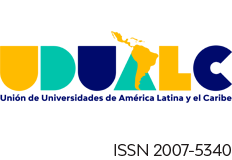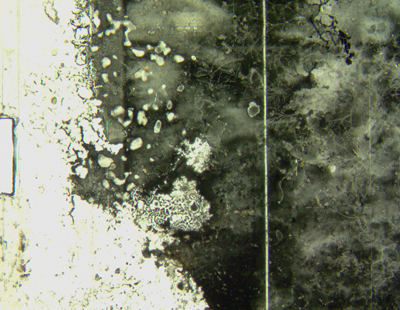Políticas de educación superior en Argentina. Entre la Covid-19 y la deuda externa heredada
##plugins.themes.bootstrap3.article.main##
Resumen
En Argentina, después de doce años de gobiernos progresistas (del 2003 al 2015) que colocaron a la educación superior como un derecho humano y un bien público social con logros verificables en la expansión del acceso, la inclusión y jerarquización de la investigación científica, le sucedió el gobierno de la Alianza Cambiemos (2015-2019). Las políticas públicas, especialmente en la educación superior, se caracterizaron por el desmantelamiento/desmembramiento de las políticas del gobierno anterior, bajo el argumento de que “los pobres no van a la universidad”. El propósito de este artículo es identificar algunos lineamientos de la agenda en construcción del gobierno que asumió en diciembre de 2019, conjeturando que la tendencia se orienta a recuperar y profundizar los avances alcanzados en los gobiernos anteriores progresistas, en un contexto altamente complejo por la pandemia y la renegociación de la deuda externa que postergaron otros temas de las políticas públicas.



